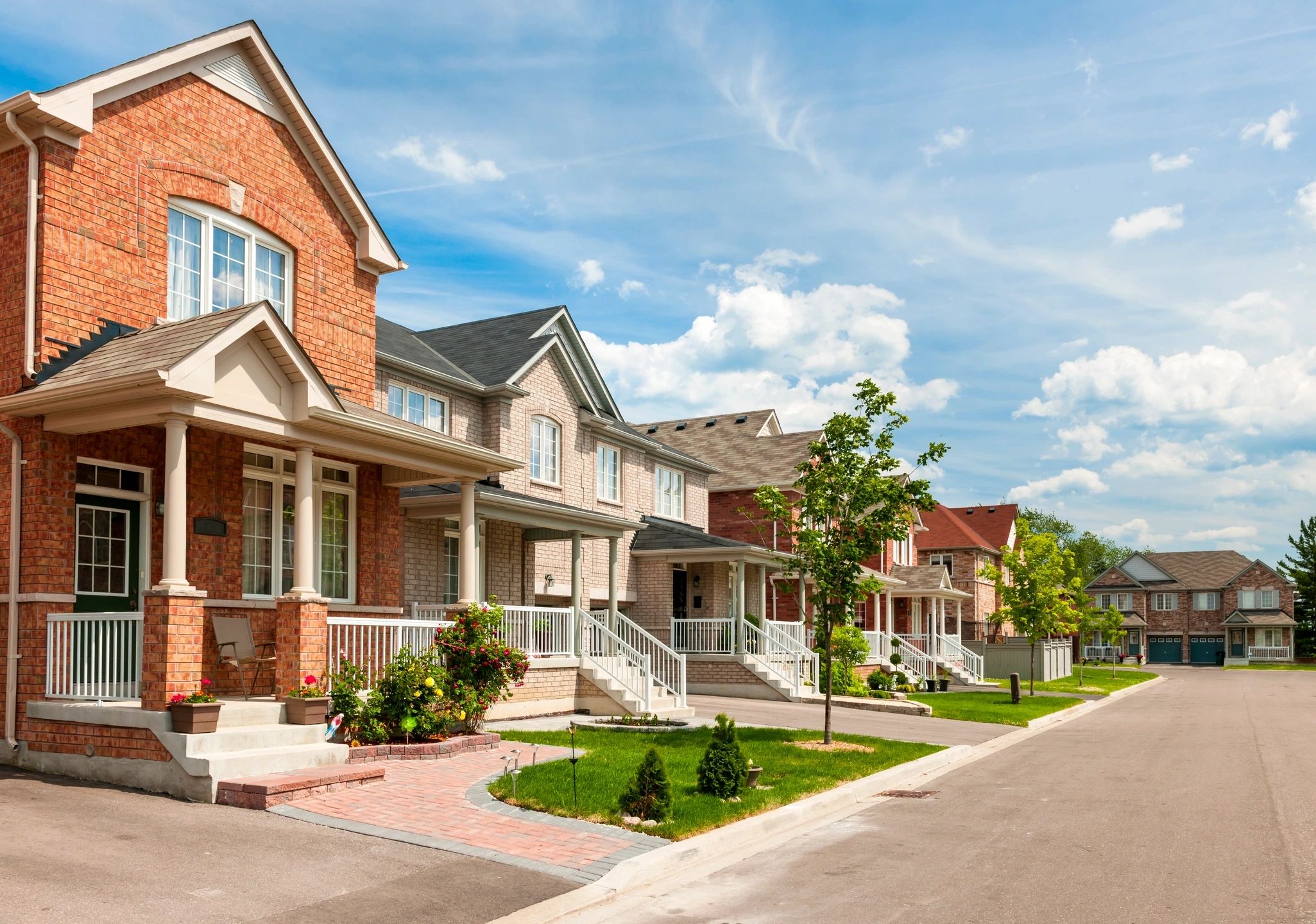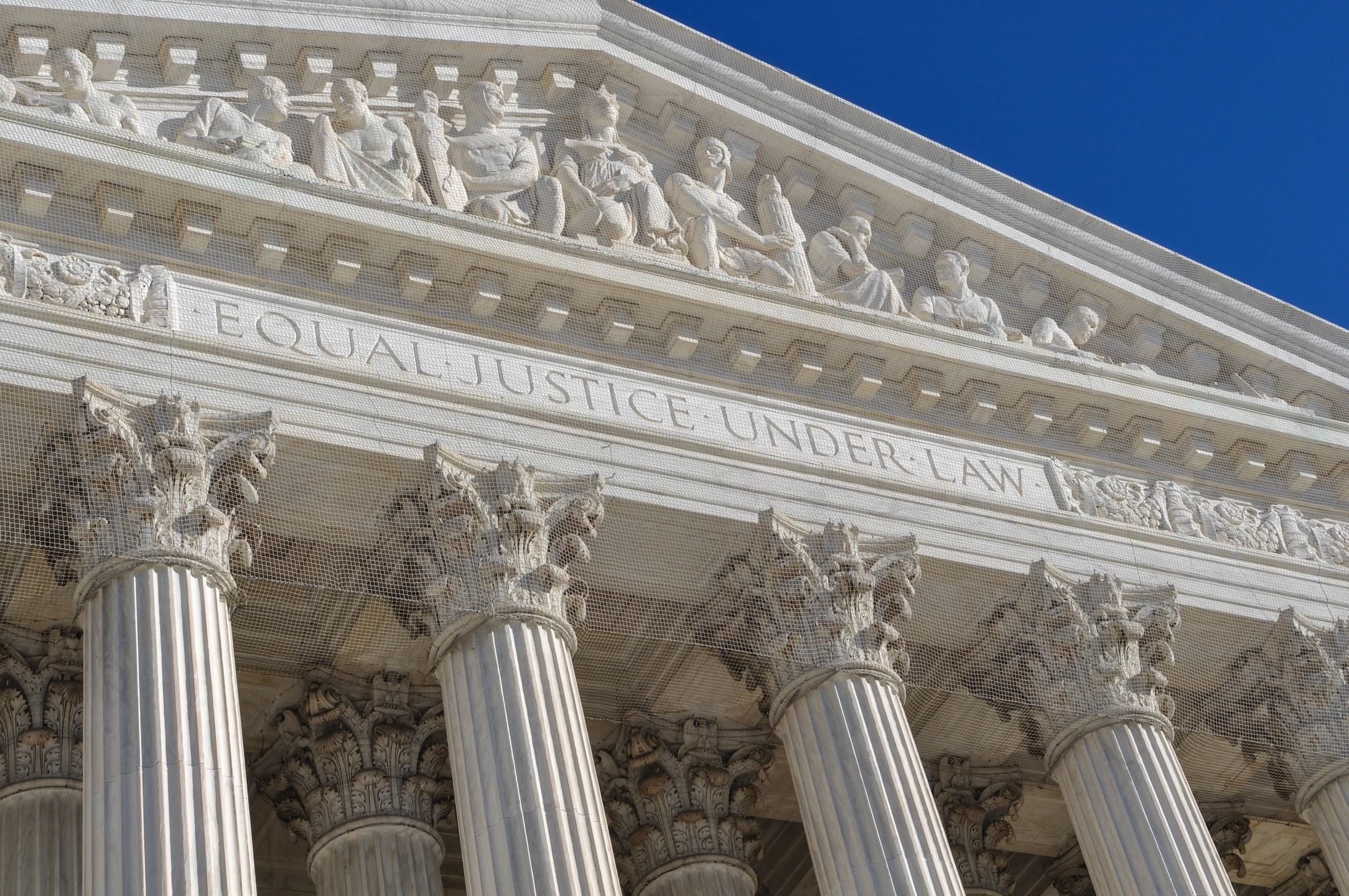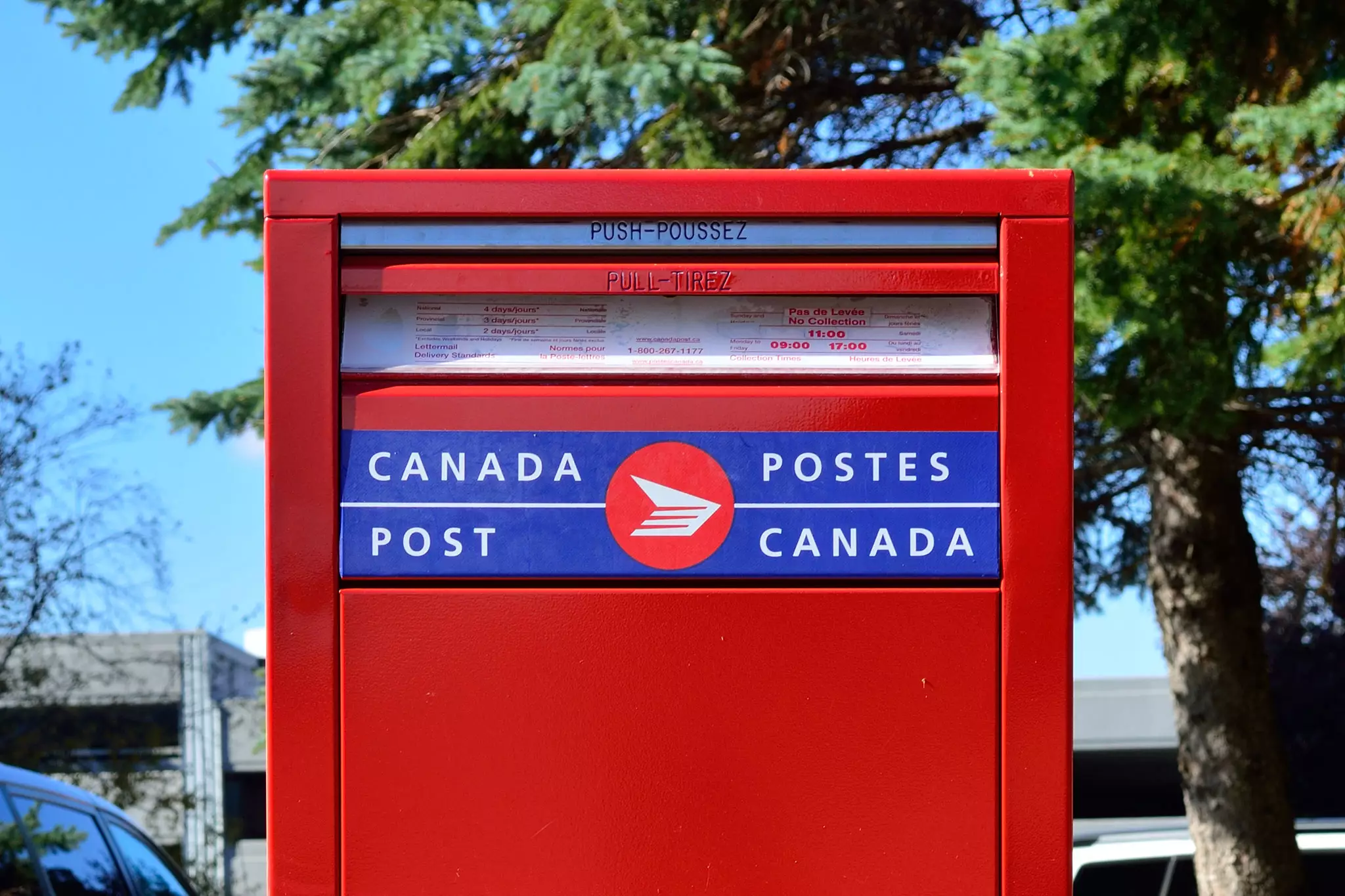Despite a marginal decrease in the rate of increase, the cost of renting accommodation in Canada remains on an upward trajectory. On average, new tenants are now facing monthly rental expenses of $2,117, as revealed in a recent report by Rentals.ca and the real estate consulting and data company Urbanation. Their monthly database analysis compiles data from the largest collection of rental listings nationwide.
The $2,117 amount represents a 9.6 percent increase compared to the average rent in August of the previous year. While this is a slight decrease from the all-time high of 12 percent observed from August 2021 to August 2022, it remains the highest dollar figure on record.
The ongoing turbulence in the housing market has been prominently featured in recent news, largely due to the Bank of Canada’s efforts to control inflation, resulting in significant increases in mortgage rates. This trend is now spilling over into the rental market, with individual landlords attempting to transfer these higher costs to their tenants.
In response to growing demand and an influx of new residents seeking housing in the country, there has been an uptick in construction activity focused on purpose-built rental units. However, this increased construction is not occurring rapidly enough to bring down rental prices.
Despite rental apartment completions in Canada reaching their highest levels in the past 12 months since the 1970s, the report notes that rent growth has remained exceptionally robust.
According to the report, the average asking rents in Ontario as a whole reached $2,496 last month, only slightly trailing behind Toronto’s average of $2,898.
Interestingly, prices in regions outside of Toronto are experiencing a faster rate of increase, with a 9.9 percent rise compared to Toronto’s 8.7 percent increase.
In terms of the pace of rent hikes, other parts of the country are facing even steeper challenges. In British Columbia, the average rent reached $2,675 in the past month, marking a 10.8 percent increase over the past year. Vancouver, in particular, witnessed the average asking price for a rental apartment climb to $3,316 per month, reflecting a 7.3 percent increase.
While rental challenges in Toronto and Vancouver are frequently discussed, tenants in the rest of Canada face their own set of difficulties.
For the fourth consecutive month, Alberta has taken the lead in national rental growth, witnessing a substantial 15.6 percent increase in average rental asking prices, reaching $1,634. Among Alberta cities, Calgary is experiencing the most significant squeeze, with a staggering 17.3 percent increase in average rents, now averaging $2,068.
In contrast, Manitoba and Saskatchewan have seen the slowest rent increases over the past year, with annual growth rates of 8.3 percent and 2.7 percent, respectively, resulting in average costs of $1,457 and $1,102.
Even in Quebec, which was once known for its affordable and abundant rental options, there is now economic pressure. In August, the average rent across the province reached $1,932, reflecting a notable 14.2 percent increase. Montreal, in particular, experienced a 16.4 percent rent hike in the past year, with average rent surpassing $2,000 a month for the first time ever.



